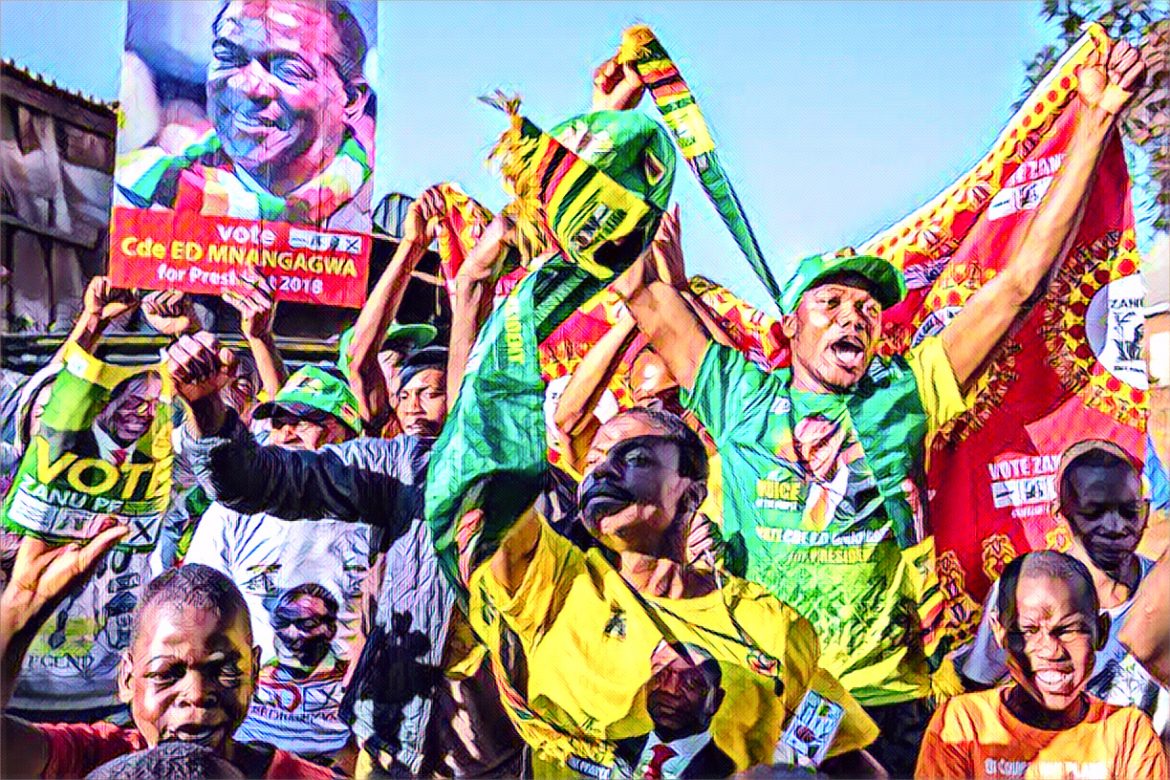Just three months after Zimbabwe’s ninth post-independence elections, the nation is poised for another crucial round of voting. This unexpected decision follows the surprising recall of over a dozen elected opposition legislators and councillors by Sengezo Tshabangu, the self-styled interim secretary-general of the Citizens Coalition for Change (CCC).
According to a report by Newsday Zimbabwe, President Emmerson Mnangagwa reacted swiftly, announcing by-elections for the vacant seats. His Zanu PF party, having fallen short of a parliamentary two-thirds majority, seems eager for this opportunity.
Tshabangu’s move mirrors the contentious actions of the late MDC leader Douglas Mwonzora, who previously disrupted the Ninth Parliament. Their tactics have cast Zimbabwe, now in its 43rd year of independence, as a struggling nascent democracy.
These by-elections demand resources better spent elsewhere, such as on essential medications unavailable in Zimbabwean hospitals. Ministries like Health and Child Care lament financial woes, exacerbated by insufficient Treasury funds, yet the nation now funds these self-serving political maneuvers.
The absurdity of the situation raises questions about Zimbabwe’s capacity to indulge in such wasteful actions. Past opposition recalls led to electoral defeats for those instigating them, underscoring the scandalous repetition of these events.
Particularly in Bulawayo, Matabeleland’s capital—a region marked by persistent underdevelopment and a history of supporting the opposition—the by-elections seem an affront to democracy. The people’s electoral choices have been unilaterally overturned by Tshabangu’s bold gamble.
Matabeleland’s painful history, including the Gukurahundi massacres, stifles dissent. The risk of violence suppresses rightful democratic protests.
This pattern of recalls and by-elections signals a distressing trend for Zimbabwe’s fragile democracy. Citizens grow weary, skeptical that the principles of constitutionalism will prevail in what has become a darkly comedic version of democratic governance.


